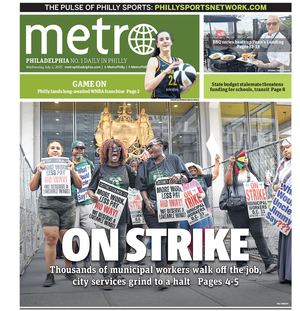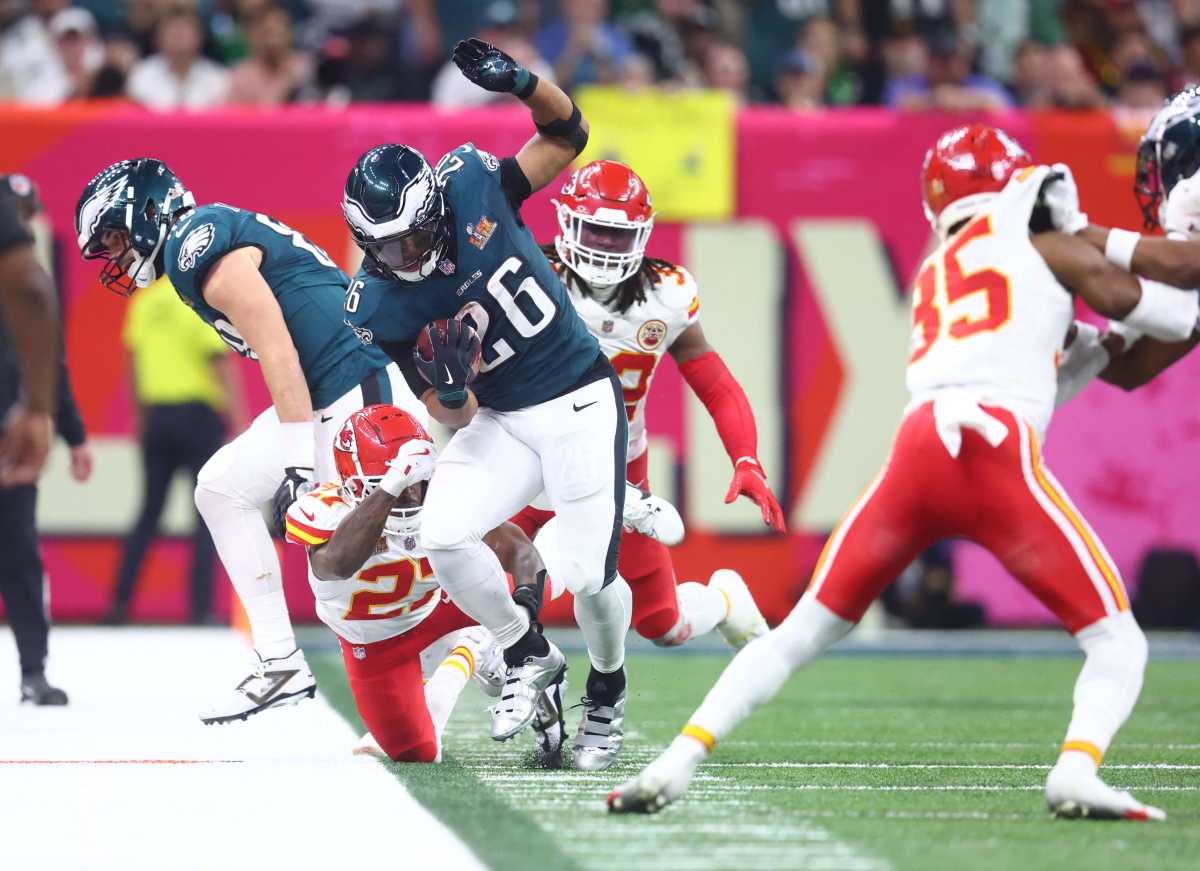Pennsylvania recently passed a new law to get the hands out of accused batterers fast. Act 79, the first new gun control-related law to pass Harrisburg in years, took effect earlier this month.
Philadelphia Sheriff Jewell Williams praised the law, under which guns and weapons now can get removed from an alleged domestic abuser’s possession within 24 hours of a Protection From Abuse (PFA) order, and said it makes families safer.
“Our concern is that in the immediate timeframe, that family is safe,” Williams said. “Imagine it’s cold out, there’s a family with children that’s just run out of the house with no coats or shoes on to get away from danger. We pick them up, we bring the whole family back to the house, we remove the bad guy and the guns and we make it safe.”
The Sheriff’s office is responsible for more than 1,000 firearms confiscated from accused batters due to Protection From Abuse orders. Their office’s Warrant Unit can execute Protection From Abuse orders signed by a judge 24/7, Williams said.
“You call, we haul,” Williams said. “If it’s a sword, if it’s a handgun, if it’s grandmom’s old shotgun, it’s still a weapon and they should fully disclose all the weapons in the house. He may have two antique Colt 45s and they may not want to see him lose his antique guns, but if they’re operable, we’ve got to take them. It could cost them their life.”
Under the old PFA statute, people against whom a PFA had been issued would not be required to have guns removed from the home for 60 days. They could also store weapons with a trusted friend or family member. Under Act 79, a PFA imposes a 24-hour deadline for removal of weapons, and requires any weapons be stored with a law enforcement agency, licensed dealer or lawyer. Victims in Philadelphia can also go to their local police districts to request enforcement of a PFA and removal of weapons, but Williams said his Warrant Unit gets a high percentage of the calls to enforce these orders.
Shira Goodman, executive director of Ceasefire PA, said she believes Act 79 will save lives.
“Statistics show the most dangerous time is when someone files that PFA order, is trying to separate, trying to leave,” Goodman said. “Police and the sheriff would tell you, not just in Philadelphia but other counties, some of the most dangerous calls for officers are domestic calls, wondering if somebody has a gun. … I hope very much that we’re going to see reduced domestic homicides by firearms under this new law.”
While typically deputy sheriffs only remove a gun or two, there have been some cases where multiple duffel bags full of guns get removed. In one case, it took two days to remove all the weapons from a gun enthusiast’s home.
“We do this every day. We’re not making a judgment if this person is guilty or innocent, we’re enforcing the order,” said Sheriff’s Office deputy chief Paris Washington. “The courts determine whether they get them back, whether it’s vacated, or whether it lasts longer.”
People against whom a PFA is ordered are not necessarily convicted of any crime, the Sheriff stressed. If the PFA is lifted, they will get their gun back in its original condition. All confiscated weapons are stored by the Sheriff’s Office in temperature-controlled environments to protect the weapons from any damage or decay at a confidential location under armed guard.
But ultimately, removing guns while a PFA is active is vital because it is a time when there is a high risk for violence, Sheriff Williams said.
“It’s a cooling-out period. It’s a period to say hey, collect yourself, check yourself, and we want to take that gun away from you temporarily,” Williams said. He compared a PFA to a gunlock – 11,500 of which were distributed by his office in 2018.
“Most times if the gun is locked up, between the time of your anger and getting the key, you won’t want a gun anymore, or you won’t try to hurt somebody,” he said. “It’s the heat of the moment. And that’s when most things happen, out of rage.”































